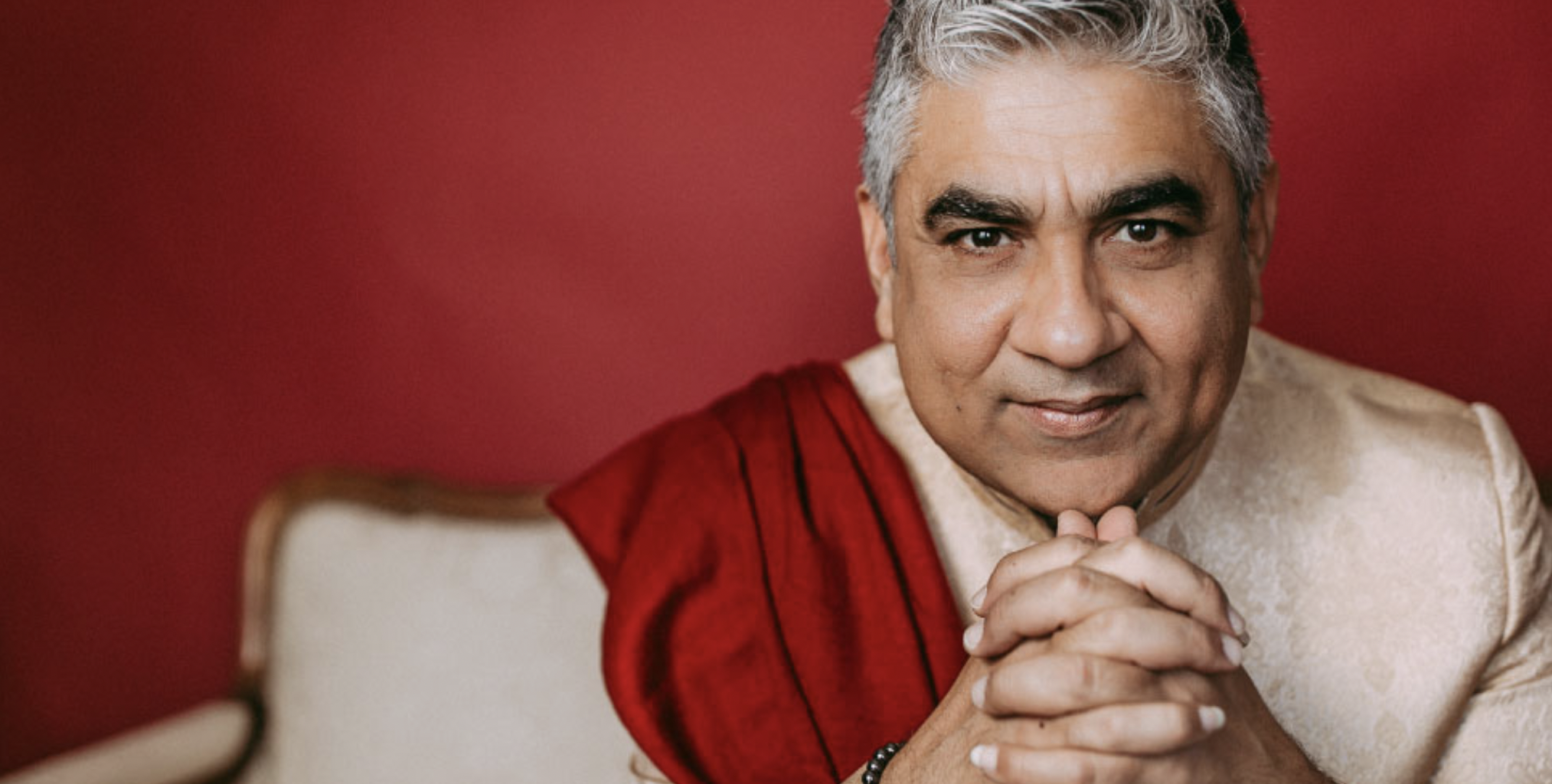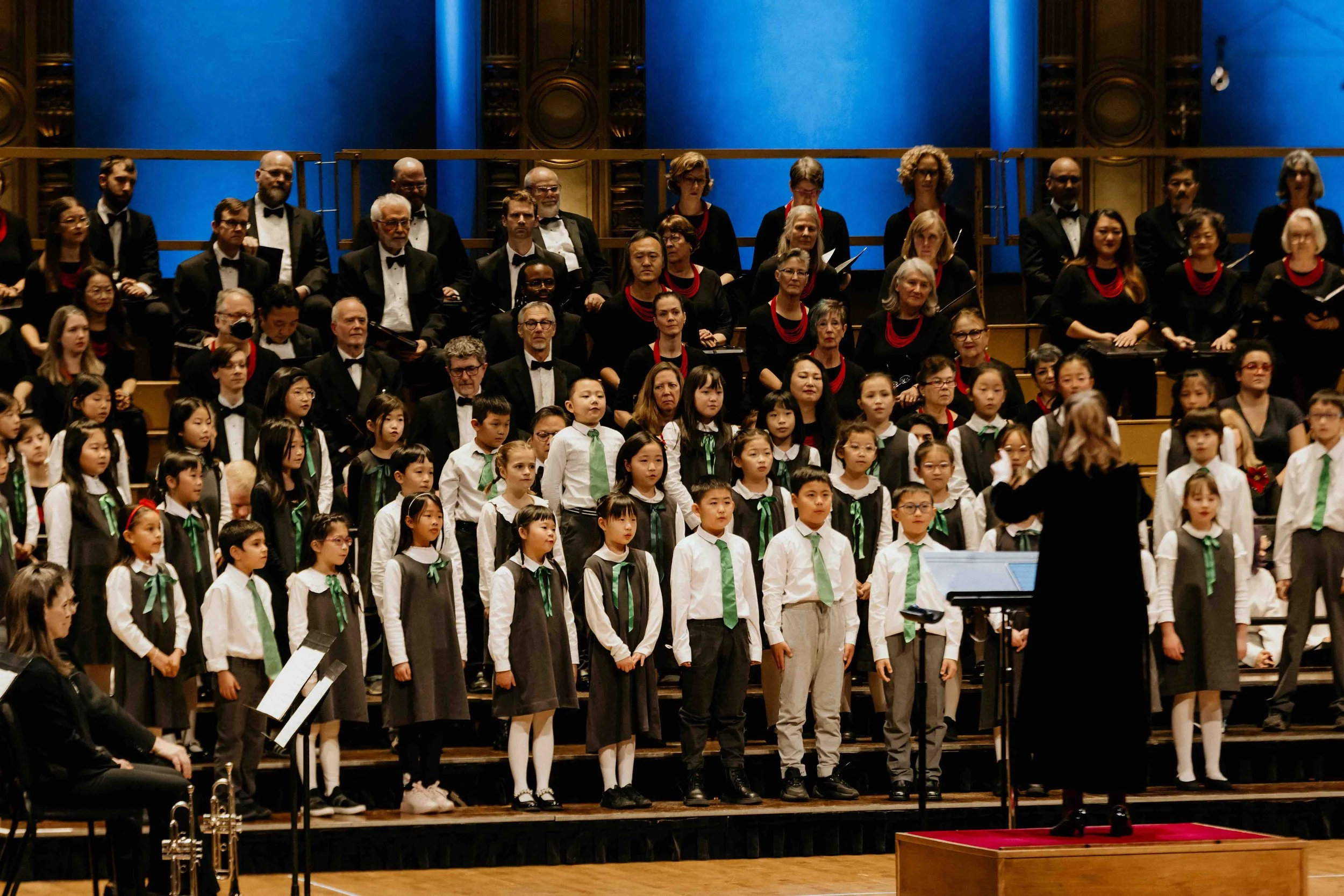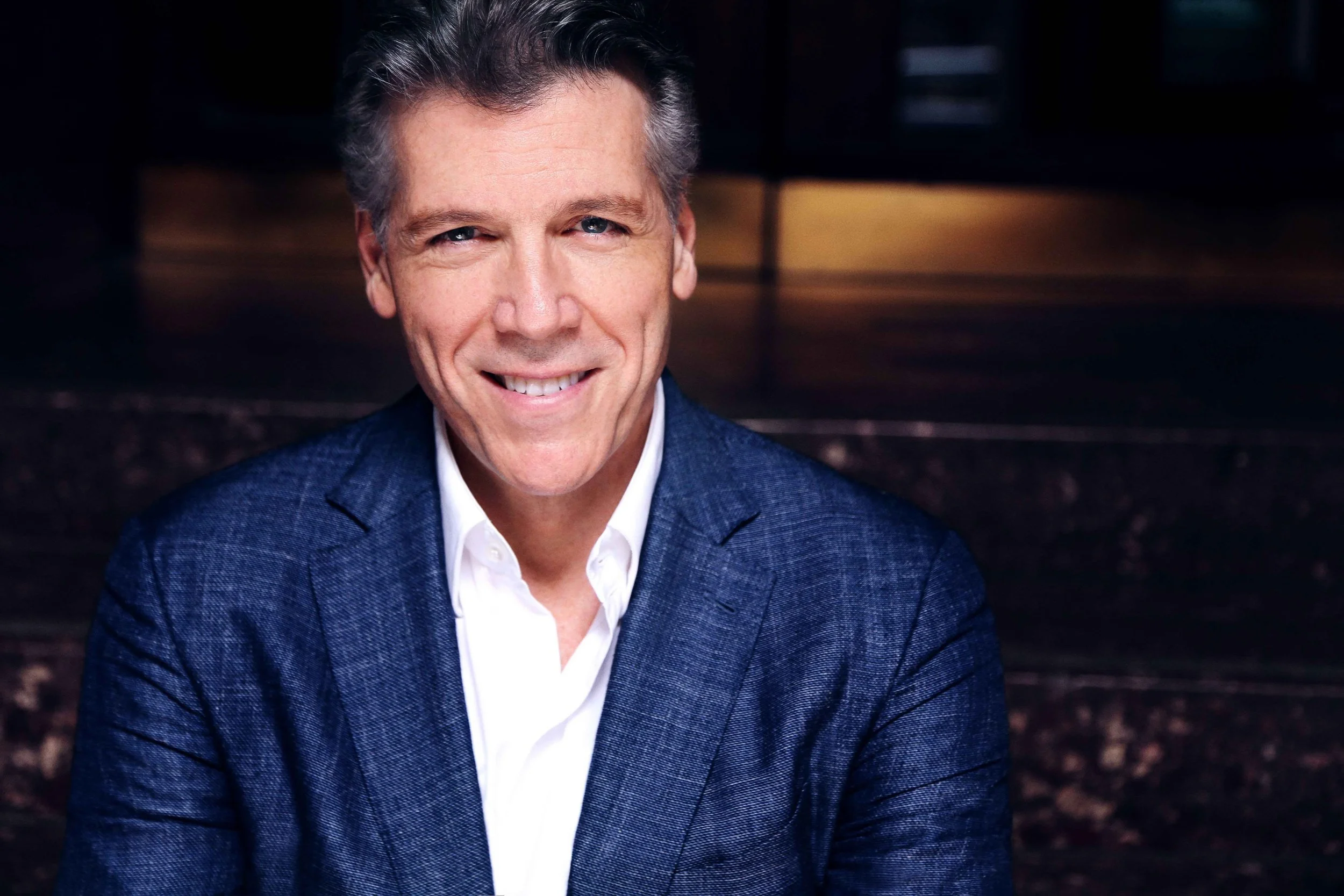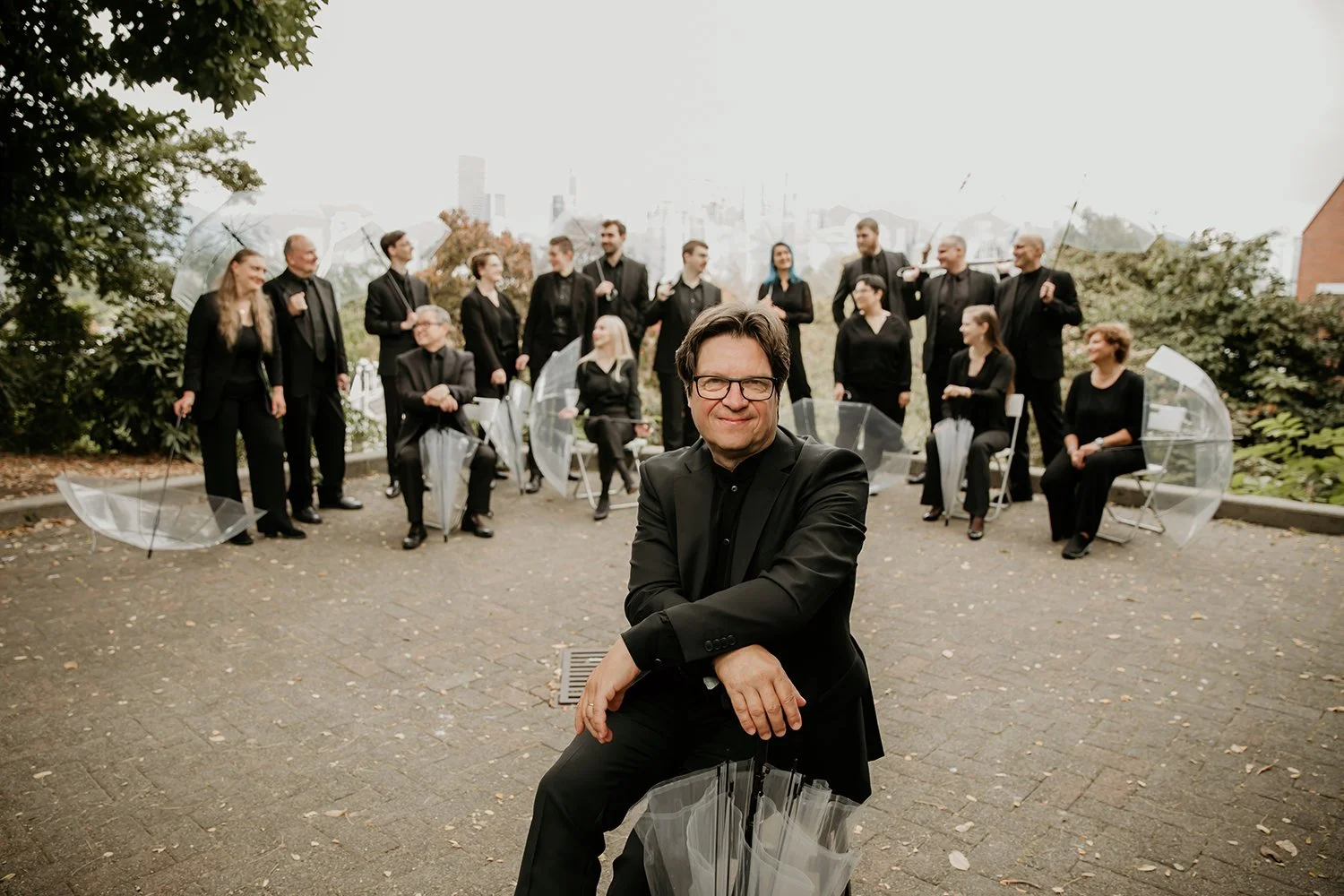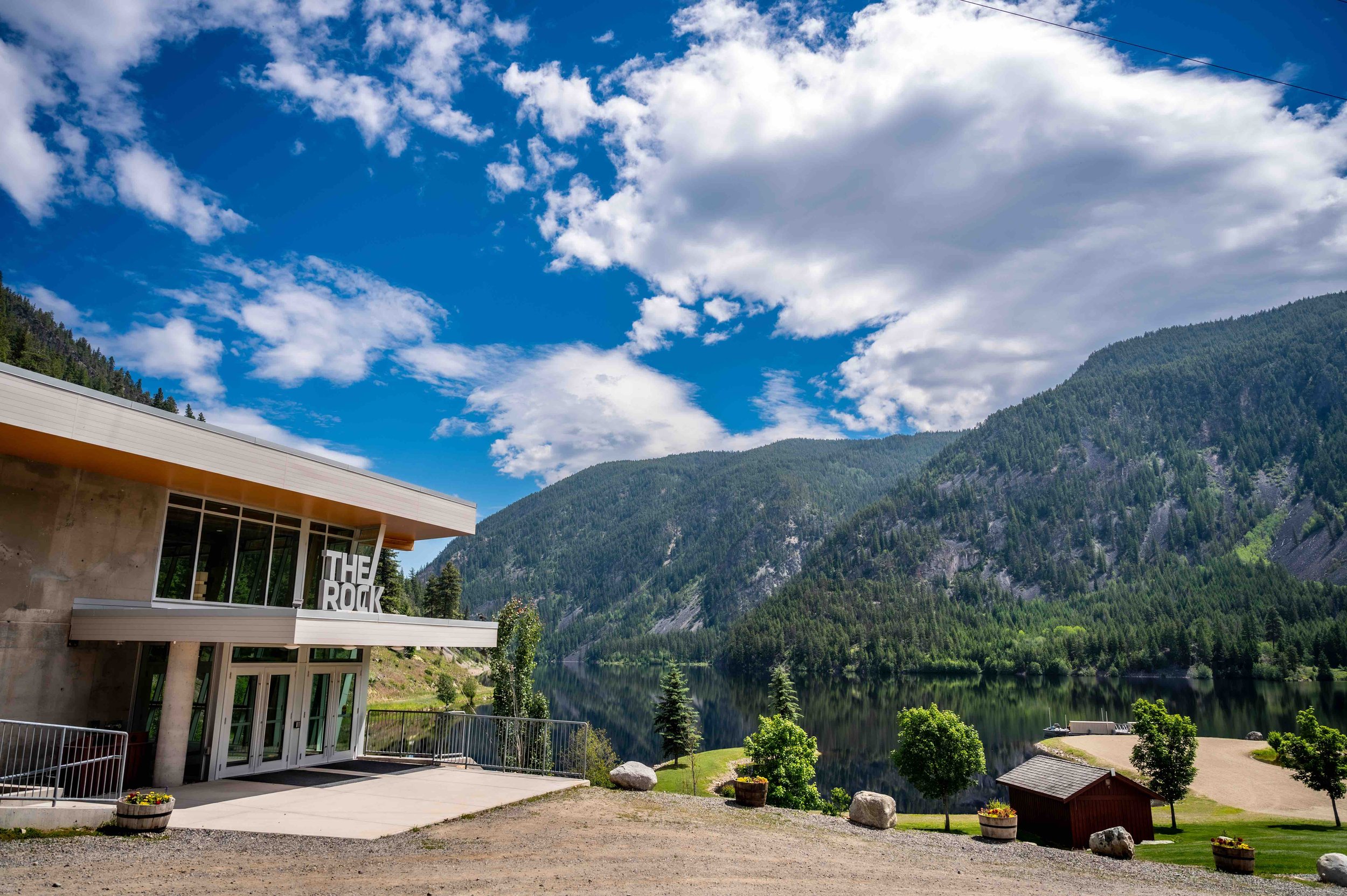Cultural currents flow in composer-sitarist Mohamed Assani's new Watersmeet, at Indian Summer Festival
The artist brings together an array of Western and South Asian musicians for an aquatically inspired new suite of music
Mohamed Assani
The Indian Summer Festival presents Watersmeet at Performance Works on July 11
THERE’S SOMETHING almost magical about an estuary, and a vast number of theories about why that might be. It’s unclear how much credence we should give to the notion that the mingling of fresh and salt water produces a tangible electrical charge, as some claim, but it’s undeniable that estuaries are home to an unusually diverse range of species, from mud-loving invertebrates to free-flying birds. Estuaries are also liminal spaces, where the boundaries between worlds blur and dissolve; for those susceptible to estuarial charms, they excite a sense of possibility and encourage dreams.
Which is exactly what the Pakistani-Canadian sitarist and composer Mohamed Assani’s new project, Watersmeet, is doing—for its participants and also for those lucky enough to hear it live.
“For me,” Assani explains in a phone call from his Vancouver home, “water is a metaphor for life.” And the aquatic nature of his new project lies in the way in which it braids many different streams of music: the North Indian classical styles he learned as a student of the Pakistani master Ashraf Sharif Khan, but also the Carnatic sounds of South India, the filigreed rhythms of Africa, the stacked harmonies of Europe, even the electronic pulse of modern dance music and the earthy basslines of funk.
“Unless I was a super-expert historian of music—which, to a certain degree, I’d like to be—I couldn’t say, exactly, ‘Oh, yeah, that came from medieval music,’ or ‘That is South African and this is West African,’” Assani says. “But water in a stream, it comes from many different sources. When it becomes a body of water, we don’t think ‘Oh, that one came from there and this one came from…’ We just see it as the one body, and I find that in music this also happens. If we look back, we’ll find the specific, distinct sources, but like water it has the quality that when you mix it, when you blend it, you can’t actually tell what’s what.”
It’s not the first time that Assani has attempted to join disparate musical styles. His 2020 solo album Wayfinder, produced by Adham Shaikh, embeds his sitar in a dancefloor-friendly matrix of electronic beats, while in 2017 he premiered Pressed for Time, a concerto for sitar and orchestra cowritten with John Oliver, with the VSO. Dig back deep enough, and you’ll find that he began his musical voyage as an electric bassist, playing pop and disco in the clubs of Karachi. “Yes, I even owned a wah pedal and all that stuff,” he confesses readily enough.
Watersmeet, on the other hand, is an almost entirely acoustic project, with the sole exception—perhaps in a nod to Assani’s well-spent youth—being the presence of electric bassist JeanSe Le Doujet.
“Initially I thought of the upright bass, but then I thought that electric bass has a slightly different kind of feel to it, and a fuller sound,” Assani notes. The septet is rounded out by two percussionists—North Indian tabla virtuoso Amarjeet Singh, and Newfoundland-born Curtis Andrews, who’s equally at home in African and South Indian styles—and three string players borrowed from the VSO: violinist Jeanette Bernal-Singh, violist Katrina Chitty, and cellist Cristian Márkos.
“I thought it would be great to work with live strings,” Assani explains, noting that he had already found great chemistry with Bernal-Singh during the rehearsals for his sitar concerto. “I love to work with harmony, so I needed at least three voices: violin, viola, and cello. And obviously I do a lot of rhythmic things in my playing, especially because I also play tabla. My sitar playing is influenced by the tabla to an extent, and I use a lot of tabla rhythms, the mathematics, in my composition. In one of my pieces I use a fairly complex thing that actually comes from tabla, but I’ve translated it melodically within the context of this group.
“Also I just like some freshness in the texture and the sound,” he continues. “I like to feed on the energy of different instruments, different musicians, so as Curtis plays mbira as well as drums, I’ve done an intro for one piece with sitar and mbira. When I have a variety of things available, I just like to use them—and I’m lucky enough to have these available. If I only played with tabla all my life, I’d be very sad.”
Watersmeet’s live debut was delayed, like so many other endeavours, by the Covid pandemic, but an earlier iteration of the septet convened to record a video session for the Indian Summer Festival’s 2021 digital programming. Based on that performance, the group offers an especially elegant mixture of styles, marked by Assani’s easy integration of his various musical interests and also by truly deep listening on the part of all seven players.
“Wayfinder really opened me up as a composer,” Assani says. “I was dealing with electronic grooves and different textures and so on, and you can hear a little bit of that in this new music. In fact, some of the tunes on Wayfinder I got some really good feedback on, so I’m actually using a couple of tunes from that, like ‘Awakening’. I have done a kind of acoustic arrangement of it, and changing the electronic accompaniment on Wayfinder to this more acoustic instrumentation is really interesting.”
Assani adds that although he has no plans to stop performing North Indian classical music, he’s thoroughly enjoying the challenge of navigating his new musical currents. “If I’m playing a raag, I’ll know these different phrases, and I’ve played them hundreds of thousands of times. They’ll come out, but I’m not creating them—although in the way I’m delivering them, there’s maybe something new. But when I’m composing, I’m not just listening to raga: I’m listening to these wonderful instruments, the timbre of the strings, the drums, the grooves… That’s what inspires me to write music.
“Sometimes it’s like a compromise, right?” he adds, “And sometimes the best thing is that I let my spirit be the guide. Whether you call it ‘channeling’ or whatever, the best results that I get are when an idea comes organically.”
In the beautifully estuarial world of Watersmeet, in other words, it’s all about the flow.



